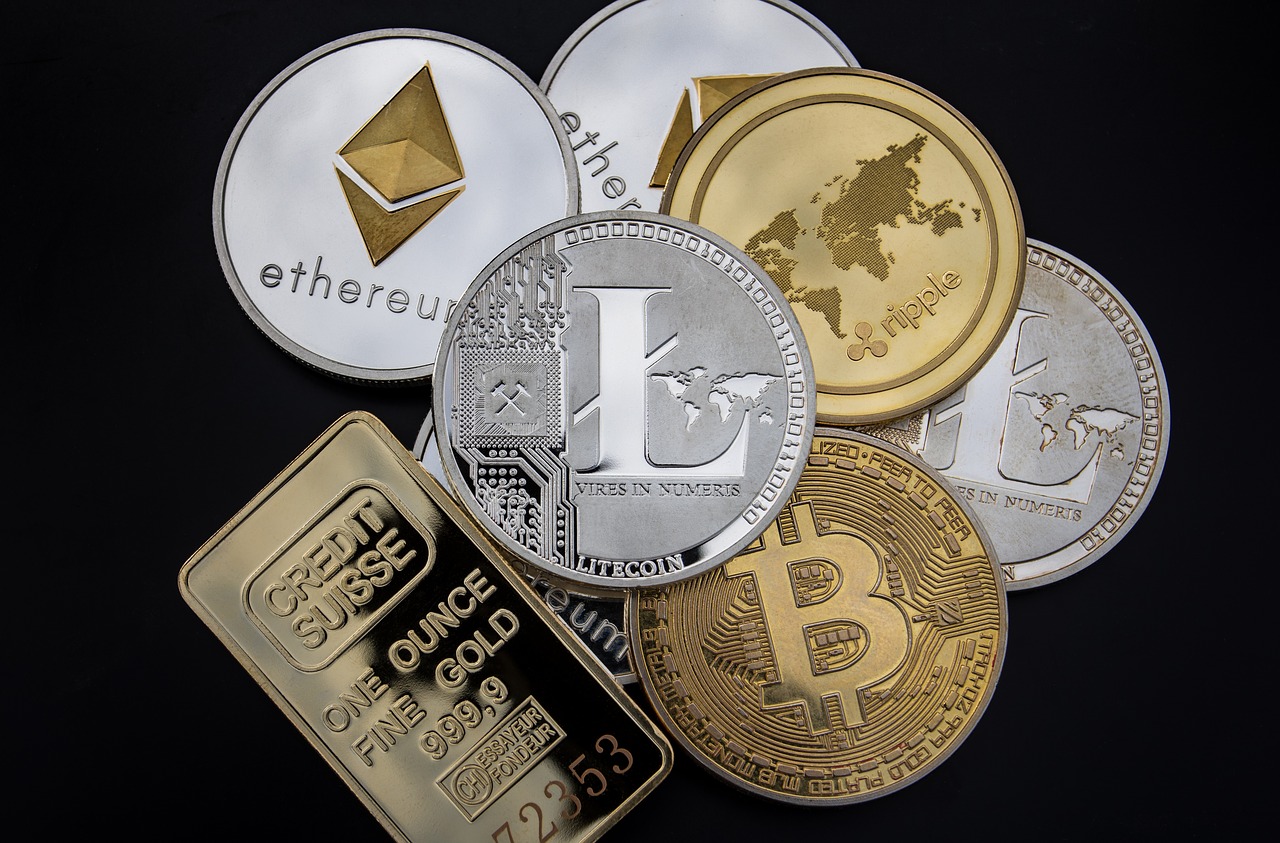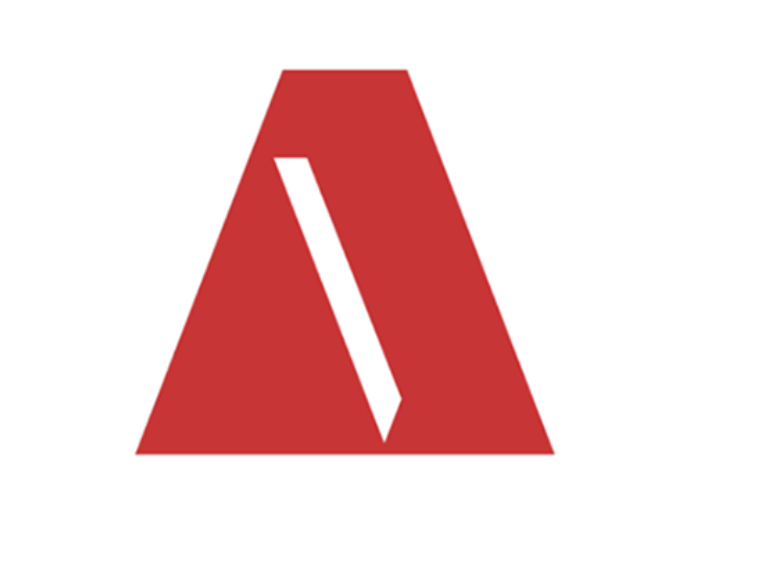Top 5 Countries That Accepted Blockchain
It’s safe to say that blockchain has been one of the most trending topics recently. It has appeared around 10 years ago as another mediocre technology. Blockchain wasn’t expected to grow into this giant which disrupts everything on its way. It has already been implemented in such industries as healthcare, public sector, finance, and retail and still, there are horizons for its further development.
Despite its popularity and wide range of ways to implement, some people are still skeptical about the reasonability of blockchain. Many governments don’t have a legislative basement for introducing blockchain into their vital sectors. It could be a good option to solve the issues of security, upgrade the voting systems of countries, or optimize energy and regulation blocks. Nevertheless, there are countries that have already accepted blockchain and cryptocurrency and are actively transforming their most important sectors and industries. So let’s have a look at the Top 5 countries that have already considered blockchain and cryptocurrency legal.
USA
The U.S. Department of Treasury’s Financial Crimes Enforcement Network (FinCEN) has been dealing with the guidances on Bitcoin since 2013. The last one was issued on May 9, 2019. According to this guidance, the Treasury has defined Bitcoin as a convertible decentralized virtual currency. It is accepted as a form of payment on several online marketplaces and from service providers, such as Shopify, OKCupid, and Overstock. Moreover, there are shops and restaurants all over the country where you can pay with BTC. Bitcoin mining is legal in the US too. When it comes to Bitcoin payments, they are subject to the same anti-money laundering regulations that apply to transactions in traditional currencies. But due to bitcoin’s anonymity, it can be used by scammers to sell drugs or illegal goods, so-called Dark Web.
Canada
Being the home of the Ethereum blockchain creator, Vitalik Buterin, Canada has become a technological hub of blockchain development. The Bank of Canada, Payments Canada, and R3, a distributed database technology company has presented research. It covers the possibilities of how decentralized technology could transform the wholesale payments system. The country is already on the way of introducing some of the findings into their own finance system.
Canada allows using cryptocurrencies to pay for goods and service on the Internet and in stores if they accept cryptocurrencies. Individuals can buy and sell cryptocurrencies at so-called digital currency exchanges.

Switzerland
Blockchain and cryptocurrency regulation in Switzerland started in 2014. The Swiss Federal Council published a report which defined cryptocurrencies as property that can be traded on the Internet. Besides, Switzerland admites quite a big range of advantages that blockchain and virtual currencies could bring. Having realized that there’s a lack of legislature basement for relevant dealing with cryptocurrencies, the government tries to create favorable conditions for businesses. For example, businesses still have the right to use virtual currencies as their payment method. They don’t have to wait for regulations to come and structure the whole process. Instead, they are exempted from the right to have a banking license, with the only condition. They only have to inform their customers about the fact that the deposits are not protected by deposit insurance.
Japan
In fact, Japan was the first country which introduced the term of virtual cryptocurrency and created laws regulating activity with it. The Financial Services Agency (FSA) delivered a report in 2014 and 2015. It formed a registration system for cryptocurrency exchange businesses. Besides, it defined virtual cryptocurrencies transactions subjected to money laundering regulations and created a legislature basement to protect its users. Japan pays much attention to the data and assets security of its users. A recent hacking attack on Coincheck in January, 2018 resulted in huge financial losses. After this the government has made a decision to create Japan Virtual Currency Exchange Association. It helps avoid future attacks by inspecting actors on the virtual currencies market.
Belarus
Belarusian government tries to establish favorable conditions for the IT industry development and for blockchain in particular. On March 28, 2018 there was introduced a decree which states that Belarus officially recognizes bitcoin and cryptocurrencies. According to the decree all operations with digital money (ICOs, cryptocurrency creation and exchange, etc.) are legal with no restrictions. Income from tokens mining, creation, buying and exchange is not taxed. There isn’t an obligation to pay VAT while transferring the cryptocurrency ownership rights to other people, even to foreign organizations. It is not required to get a license to carry out activities for technical protection of information. Therefore, Belarus managed to build a mature export-oriented software development industry and became a significant player on the IT services market in Europe.

